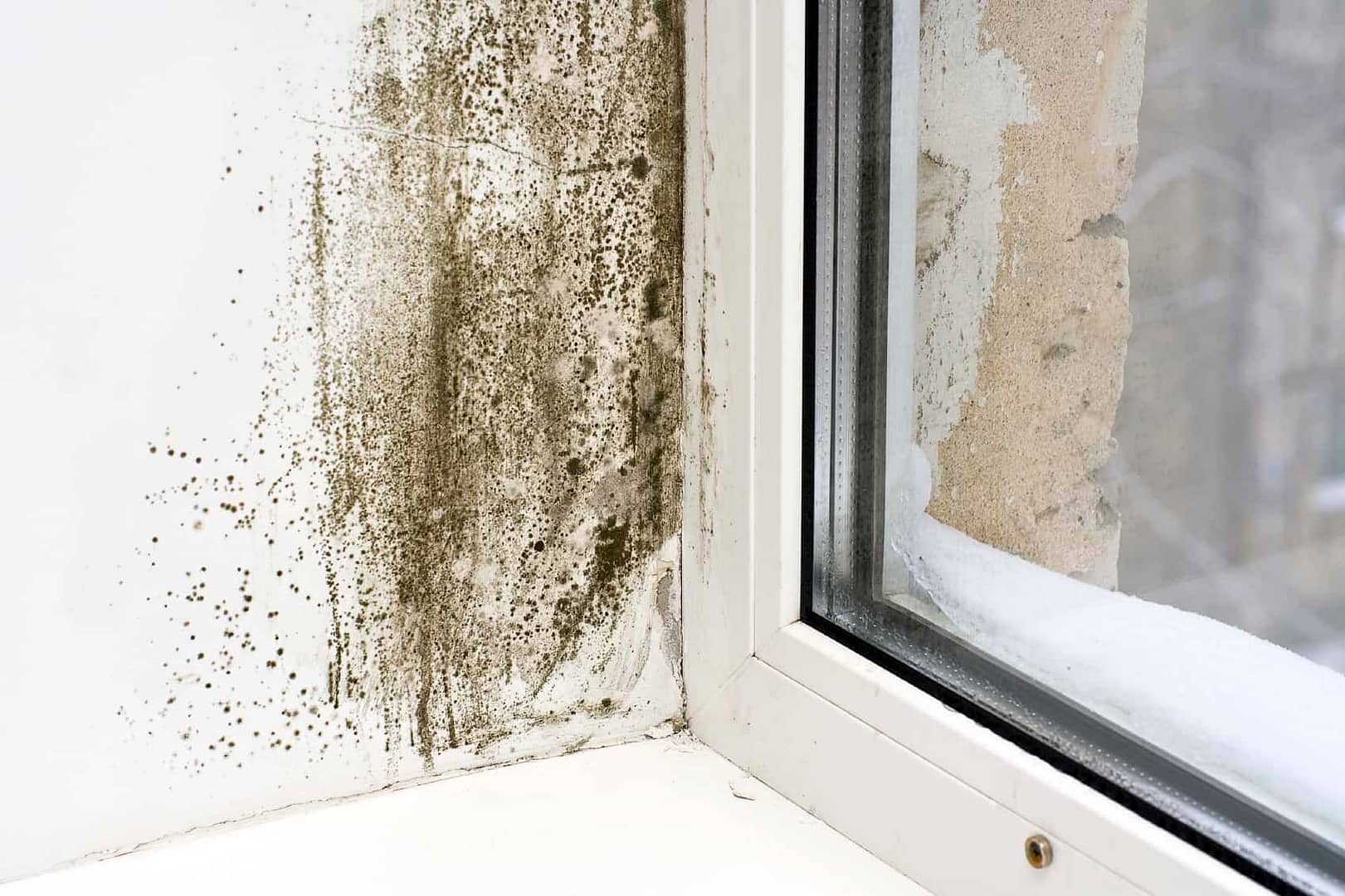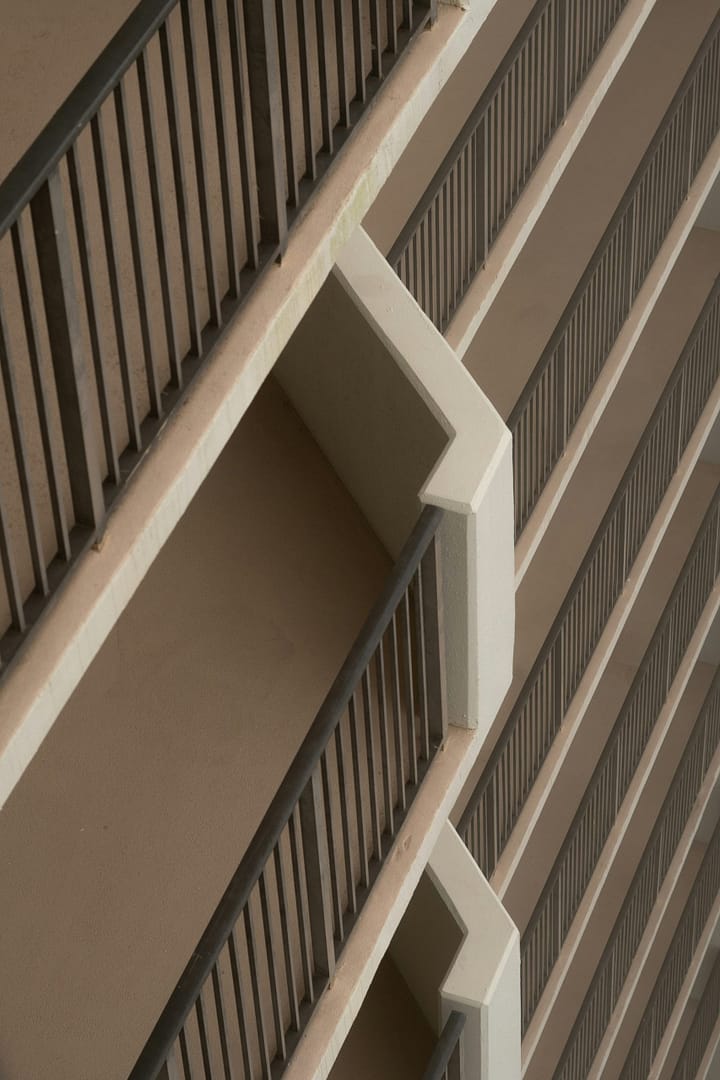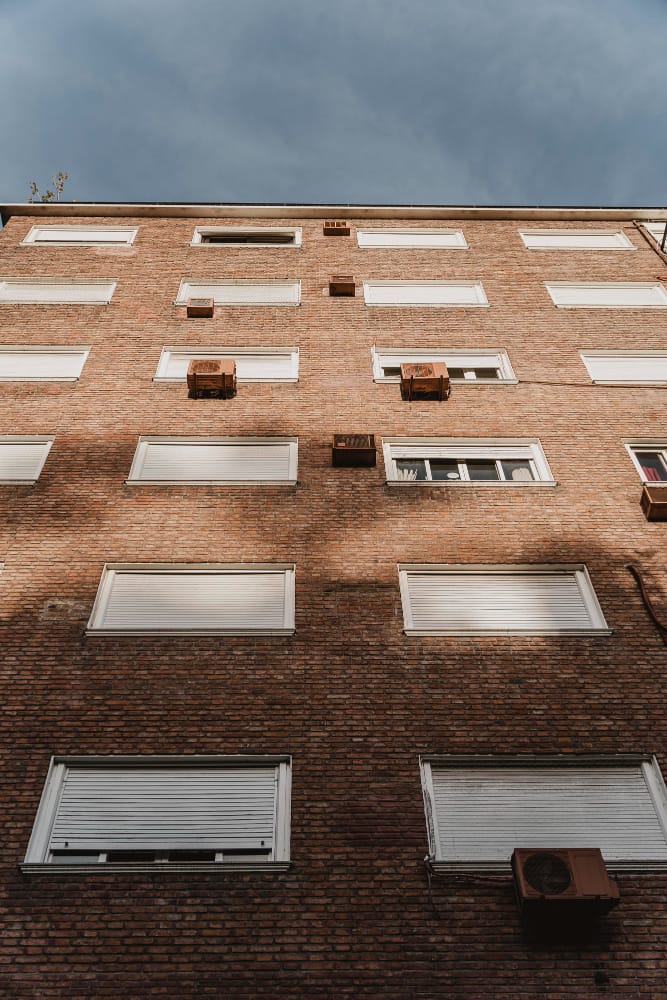Damp and mould are unfortunately common problems in many English homes, leading to a range of issues for tenants. Not only can damp and mould damage the property itself, but they can also have serious implications for tenants’ health and wellbeing. This article aims to provide tenants with a comprehensive understanding of their rights, the responsibilities of landlords, and the steps they can take to address damp and mould issues in their homes. We will also highlight how you can start a housing disrepair claim.
The Causes and Effects of Damp and Mould
Damp and mould can occur for a variety of reasons, including:
- Condensation: This is the most common cause of damp and mould, particularly in poorly ventilated properties. Everyday activities like cooking, showering, and even breathing can release moisture into the air, which can condense on cold surfaces and lead to mould growth.
- Penetrating damp: This occurs when water enters the property from outside, often due to leaks in the roof, walls, or windows.
- Rising damp: This is less common but can occur in older properties where the damp-proof course is damaged or ineffective.
The effects of damp and mould can be significant, both for the property and for the tenants. Damp can cause damage to plaster, wallpaper, and even the structural integrity of the building. Mould can release spores into the air, which can trigger or exacerbate respiratory problems, allergies, and other health issues.
The Landlord’s Responsibilities
Landlords have a legal responsibility to ensure that their properties are fit for human habitation. This includes taking reasonable steps to prevent and address damp and mould issues. Specifically, landlords are responsible for:
- Keeping the property in good repair: This includes ensuring that the roof, walls, windows, and other parts of the property are in good condition and free from leaks.
- Providing adequate ventilation: This may involve installing extractor fans in kitchens and bathrooms, ensuring that windows can be opened, and providing vents in other areas of the property.
- Dealing with any reported damp and mould problems promptly: Landlords should investigate the cause of the problem and take appropriate action to remedy it, such as carrying out repairs or improving ventilation.
The Tenant’s Rights
Tenants have a right to live in a safe and healthy home. If a property is affected by damp and mould, tenants can take the following steps:
- Report the problem to the landlord: It’s important to inform the landlord of the issue as soon as possible, preferably in writing. Keep a copy of any correspondence and take photographs or videos of the damp and mould as evidence.
- Allow the landlord access to the property: The landlord will need to inspect the property to investigate the cause of the problem and carry out any necessary repairs.
- Keep the property well-ventilated: Tenants can help to prevent condensation by opening windows regularly, particularly after cooking or showering.
- Avoid drying clothes indoors: If possible, dry clothes outside or in a well-ventilated tumble dryer.
Taking Further Action
If the landlord fails to address the damp and mould problem, tenants can take further action, such as:
- Contacting the local council: The council’s environmental health department can investigate complaints about damp and mould and may take enforcement action against the landlord if necessary.
- Taking legal action: In some cases, tenants may be able to take legal action against the landlord to force them to carry out repairs or to claim compensation for any damage or health problems caused by the damp and mould.
Prevention is Key
Preventing damp and mould is always better than trying to cure it. Tenants and landlords can work together to minimise the risk of damp and mould by:
- Ensuring good ventilation: This includes opening windows regularly, using extractor fans, and avoiding drying clothes indoors.
- Keeping the property warm: A warm property is less likely to suffer from condensation.
- Reporting any leaks or damage promptly: Addressing leaks and damage quickly can prevent damp from penetrating the property.
- Regular inspections: Landlords should carry out regular inspections of their properties to identify any potential problems early on.
Remember, living in a damp and mouldy home can have serious consequences for your health and wellbeing. If you’re experiencing problems with damp and mould, don’t hesitate to take action. Report the issue to your landlord and seek further advice if necessary. You have a right to live in a safe and healthy home.
Making a Housing Disrepair Claim with National Claims
At National Claims, we recognise the profound impact that living in a state of disrepair can have on your physical and mental well-being. Whether you’ve been affected by persistent dampness and mould, endured the discomfort of a faulty heating system, or suffered due to structural deficiencies in your home, we believe you shouldn’t have to suffer in silence.
We recognise that every housing disrepair case is unique, and we’re here to offer you a free, no-obligation consultation to discuss your specific situation. During this consultation, we’ll listen attentively to your experience, carefully review any evidence you have, and assess the potential strength of your claim. Our team will then connect you with a solicitor from our panel who specialises in housing disrepair claims.
*Customers pay up to 25% (incl. VAT) of the amount recovered towards solicitor costs and if you cancel outside your cooling off period, you may be charged a fee.
Contact us today to speak to one of our claims agents who will be able to help you get started on your claim.
Click below to see why we are one of the most trusted claims management companies in the UK.

We’re proud of our excellent customer reviews
We thrive on delivering exceptional service and ensuring our clients’ satisfaction. Don’t just take our word for it. Check out some of our independent reviews to see what our clients have to say.
Excellent

This firm is excellent, they sorted out my car pay out and injury claim very fast, they always communicate with you all the time.

My accident case was dealt with confidence and with great result of the outcome, especially James kept me informed all the time.

I was very impressed at the way my inquiry was treated. I was listened to attentively and everything I needed to know was explained to me.






